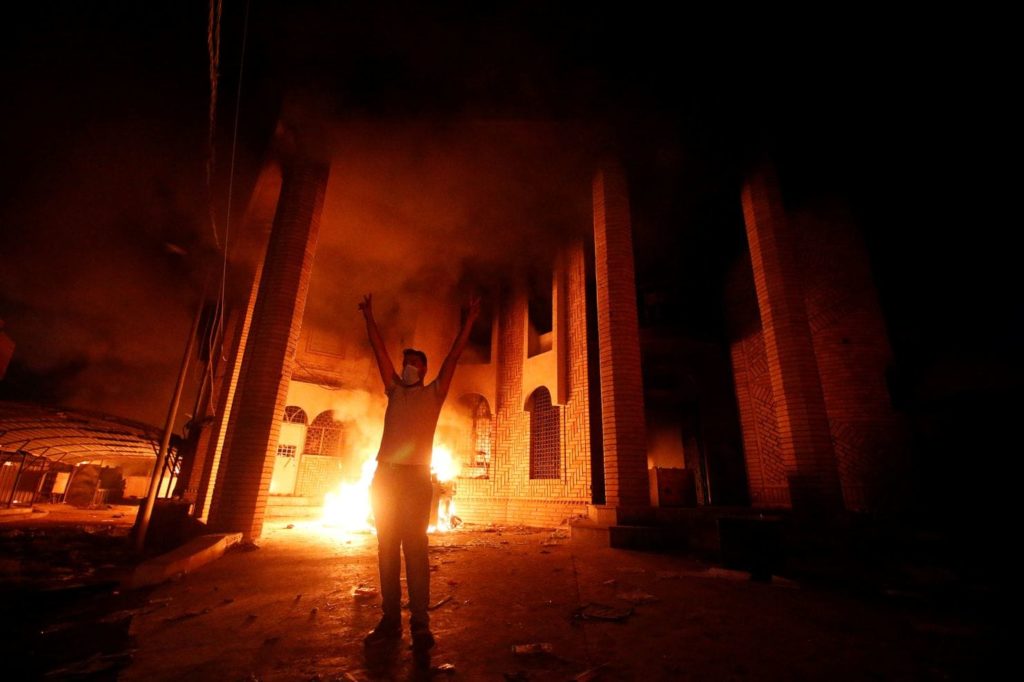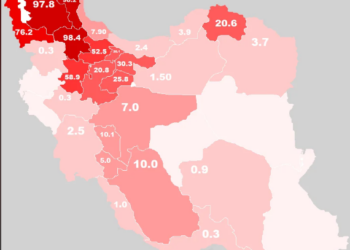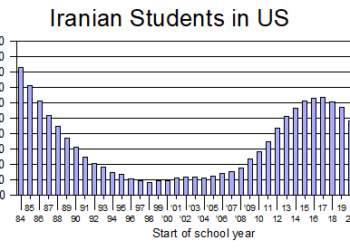September 21, 2018

Furious Shias in Basra, Iraq, have rioted and set fire to the Iranian consulate, the offices of several Iranian-backed militias and a number of government buildings.
From the chants heard on the street, the rioting was prompted by perceived Iranian interference in Iraqi society, but also disgust over a government that is unable to provide many basic services—especially electricity and safe water.
The electricity problem was exacerbated when Iran stopped selling electricity to Iraq during July, when a heat wave prompted Iran to halt all electricity exports in order to keep Iranian air conditioners running.
But the immediate cause of the flare up in rioting late in August was brackish water that started coming out of faucets in the city. Some 6,000 people have ended up in hospitals with stomach ailments and skin rashes blamed on the foul water.
At least 15 people were killed in battling between residents and security forces during a week of violent protests.
The Iranian consulate was attacked September 6, but the attackers were driven off by police. The next day, however, the attackers returned and overran the police, torching the building. In Tehran, the Foreign Ministry said its excellent planning prevented any staff from being injured. But the torching was on a Friday, when the consulate was closed anyway.
The foul water appears to have come about because rainfall has declined while dams to the north in Iran, Turkey and Syria have reduced the normal flow of river water to Basra. That has allowed the salt water of the Persian Gulf to back up into Basra and foul the water reservoirs.
The rioters set fire to the offices of the Badr Organization, a militia founded in Iran a third of a century ago, and of Asaib al-Haq, another militia that claims loyalty to the Khomeini legacy, as well as the offices of the Dawa Party of former Prime Minister Nuri al-Maliki.
The protests first started in July, during the electricity shutoff, but resumed the last week of August with much fiercer intensity.
Protesters approached by Arab reporters from The Washington Post said they targeted Iran’s consulate to vent frustration over abuses by Iran-backed militias in the city, as well as what they see as Iran’s outsized influence over their city and over Iraqi politics and society.
The demonstrators complained that the militias run rampant in Basra, kidnapping their opponents for ransom payments. They say Iran has empowered the militias to enrich themselves at the expense of the city’s residents.
“Iran has destabilized Basra with their armed gangs,” said Sattar Hamdi, 50, a day laborer. “They have the upper hand here and with the politicians in Baghdad I’m appealing to any foreign country, even Israel, for help because we’ve already lost Iraq to Iran.”
Hussein Hatem, 33, a welder, said, “Our government takes orders from Iran, and no one is looking after us. We’ve run out of patience.
Many of the crowds that prowl the streets chant, “Iran, out, out.”
Hours after the attack on the Iranian consulate, the US State Department issued a statement condemning “violence against diplomats, including that which occurred today in Basra.” A few days later, mortar shells landed in open areas next to the US consulate in Basra and the US embassy in Baghdad. No mobs attacked. No one claimed responsibility for the mortars, which didn’t hit any US property. But the White House—not the State Department—issued a statement September 11 that simply assumed Iran was behind the attacks, despite the lack of any evidence.
“Iran did not act to stop these attacks by its proxies in Iraq, which it has supported with funding, training and weapons,” it said. “The United States will hold the regime in Tehran accountable for any attack that results in injury to our personnel or damage to United States Government facilities. America will respond swiftly and decisively tin defense of American lives.”
That was an unusually strong wording given that there is no indication Iran exercises day-to-day control over any militia group in Basra.
In Tehran, the Foreign Ministry called the White House statement “astonishing.” But the Foreign Ministry earlier blamed the attack on its consulate on groups it said were supported by the United States. “The US government must be held accountable for its years of support for these groups,” it said. It did not identify any such groups by name and reporters in Basra are unaware of any such groups.


















